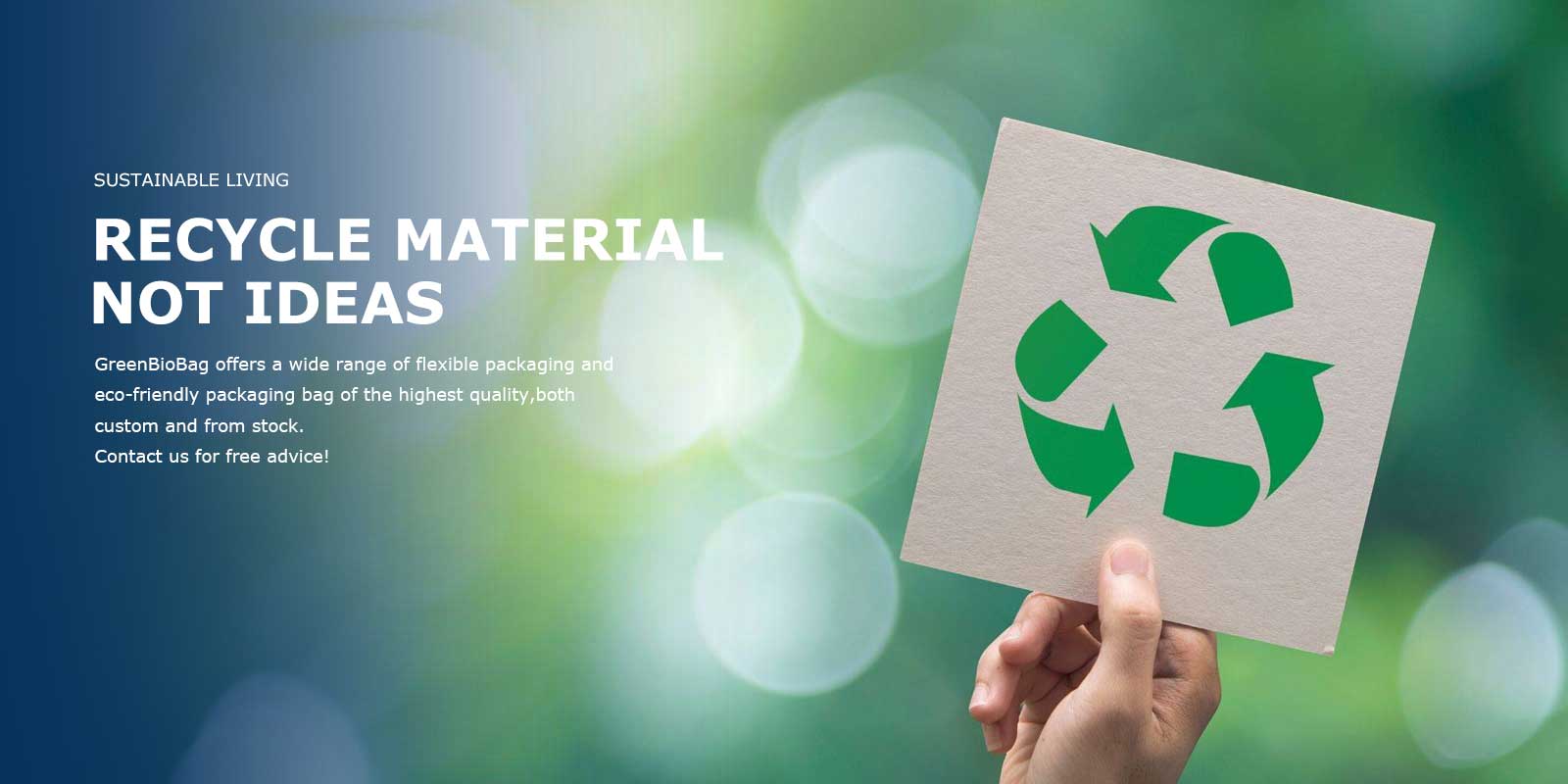Views: 645 Author: Dora Publish Time: 2025-03-15 Origin: Site
As the global coffee industry continues to grow, sustainability has become a key focus for brands and consumers alike. With increasing awareness of environmental impact, the demand for eco-friendly coffee packaging is on the rise. Here are some of the major trends shaping the future of sustainable coffee packaging.

1. Compostable and Biodegradable Materials
Traditional coffee packaging often relies on plastic and aluminum composites that are difficult to recycle. Today, brands are shifting towards compostable and biodegradable materials made from plant-based sources such as cornstarch, sugarcane, and cellulose. These materials break down naturally, reducing landfill waste and promoting a circular economy.
2. Recyclable Packaging Solutions
Many coffee companies are prioritizing fully recyclable packaging, using mono-materials such as polyethylene (PE) or polypropylene (PP) to simplify the recycling process. Advances in recycling infrastructure are also making it easier for consumers to properly dispose of used packaging, contributing to a more sustainable supply chain.
3. Minimalist and Reduced-Waste Design
Reducing excess packaging is another key trend. Brands are adopting minimalist designs with fewer layers of material, which not only lowers production costs but also reduces environmental impact. Lightweight packaging solutions help decrease carbon emissions during transportation, aligning with sustainability goals.
4. Reusable and Refill Systems
An increasing number of coffee brands are exploring reusable packaging options, such as refillable coffee tins and bulk-buy systems. Consumers can bring their own containers to refill coffee at designated stations, minimizing single-use packaging waste and encouraging long-term sustainability practices.
5. Water-Based and Non-Toxic Inks
Sustainable packaging goes beyond just materials—printing methods also play a crucial role. Many companies are switching to water-based and non-toxic inks for packaging design, eliminating harmful chemicals and ensuring that printed materials remain safe for composting and recycling.
6. Smart and Transparent Labeling
Educating consumers about sustainability is essential. More brands are incorporating QR codes and digital labels on packaging to provide detailed information on disposal methods, material composition, and the company’s sustainability initiatives. This transparency helps consumers make informed choices and promotes responsible packaging disposal.
7. Government Regulations and Industry Standards
As governments introduce stricter regulations on plastic waste, coffee brands are proactively adopting sustainable packaging solutions to comply with new laws. Certifications such as FSC (Forest Stewardship Council), BPI (Biodegradable Products Institute), and OK Compost are becoming important indicators of eco-friendly packaging.

We are committed to driving innovation in sustainable coffee packaging. From compostable coffee bags to recyclable pouches and refillable solutions, our mission is to help coffee brands reduce their environmental footprint while maintaining the highest standards of quality and freshness.
The future of coffee packaging is green, and by adopting sustainable practices today, we can create a more eco-friendly tomorrow. Stay tuned for more updates on sustainable packaging solutions at www.greenbiobag.com.
Tel : +86 15015013003
Email : michael_packaging@hotmail.com
Address : Jiangmen, Guangdong, 529000, China